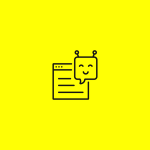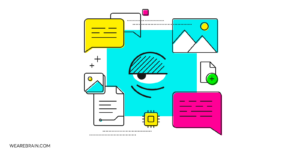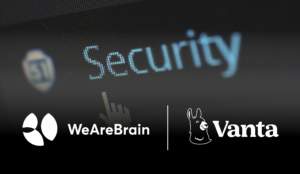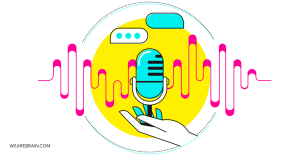How AI is disrupting Human Resources for good
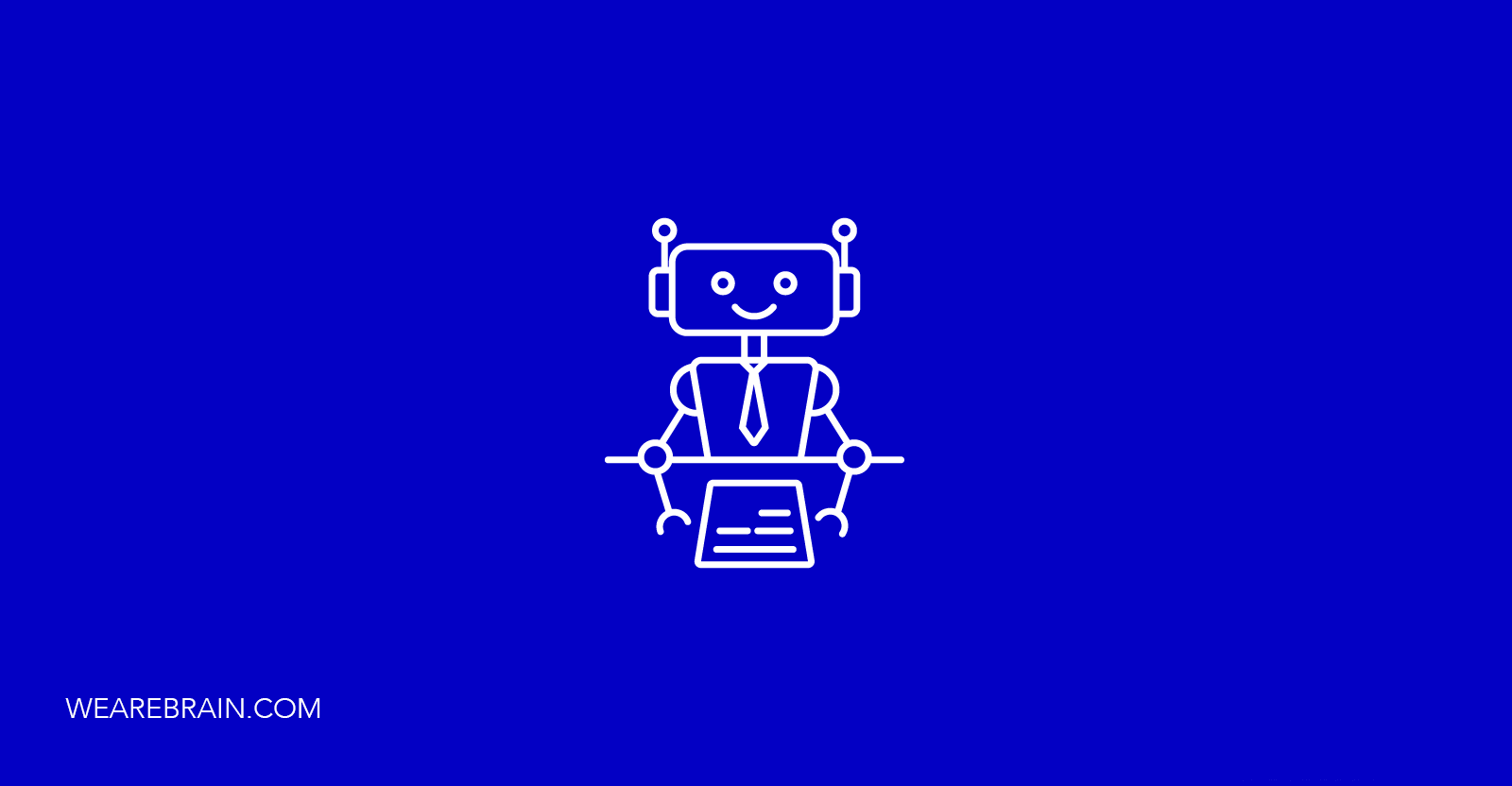
Automation and machine learning are completely rewriting the way in which we tackle tasks in most, if not all, industries in today’s rapidly advancing technological climate. From simple e-commerce businesses to major tech industries, AI is increasingly being given more tasks and responsibilities and the horizon looks set for further involvement at every level of business. Virtual assistants are beginning to appear in industries where the human-centric approach is what defines it — think medical and healthcare sectors. Naturally, the inclusion of AI and RPA has made its way to Human Resources. So how does AI feature in a profession that at its core is ‘human’? Are there only aspects to HR which are able to rely on machines, or is the entire profession headed into complete automation?
So how are we able to balance AI and the ‘human’ in Human Resources? In this article, we will make a case for AI’s inclusion in HR. So, what’s all the fuss about? If you own or manage a business or are an HR professional the following will be of interest to you:
Saved time and increased efficiency
Considering the size of an average SME to Enterprise business with around 200+ employees, there’s quite a lot of people to manage and assist at any given time, each with their own unique problems needing to be resolved. In the past, HR practitioners would have to devote much of their time seeing to a host of administrative and repetitive processes which hinder time intended for more high-level and strategic endeavours. AI and chatbots free up valuable time for HR employees to focus on more strategic and important elements while allowing AI to handle the mundane operational issues which often haemorrhage valuable time.
Quick and accurate responses
Want to know how many leave days you have available? Or where to find a digital version of your salary slip or review your last performance appraisal? Well, this is where AI can really assist with saving the HR team time. As mentioned above, before AI intervention a business’s HR team are the go-to people for a multitude of information needed by employees, from payment issues to administrative. HR is needed to deal with each issue as it arises in an efficient manner. When an employee needs certain information HR is there to help. But again this hinders productivity when HR is spending most of its time on what could easily be automated. With AI chatbots the HR department can input every business-related FAQ into the system so that chatbots can handle common employee requests and questions efficiently. The responses are quick and accurate and don’t have to rely on an HR practitioners schedule and availability.
Recruitment
Perhaps one of the most fundamental components of HR, recruitment is seen as the backbone of an organisation which relies on human employment for crucial positions within the business. A strong and capable workforce means better results, and ensuring this is as good as it can rely on HR. When a business is scaled up to needing to employ hundreds of people, chatbots can eliminate much of the time needed by a human to complete the recruitment process. Chatbots can perform pre-interview screening checks, background queries and even interact and perform preliminary interviews with prospective employees during the application process. Chatbots can handle all of the administrative steps for a potential employee before HR needs to ‘meet’ the person for an interview. It certainly saves a lot of time.
Onboarding
AI chatbots are able to further save your HR department more time by making the onboarding process more self-service. Chatbots can always interact with new recruits on site to make the onboarding process more efficient. Chatbots can provide all the necessary company FAQs and even interact with workforce management software like Peoplesoft and Kronos.
Employee training
Chatbots can be virtual HR assistant tools which can help perform a host of training for new employees. Rather than standard training which usually involves a full-day seminar and the time of your employees in all departments, new recruits can simply get all the primary training they require from a mobile app. This cuts time spent on training and allows employees to learn at their own pace. Sure, further practical training will be required but at least the basics can be covered before so that the training process can be streamlined.
Salary and benefits enrollment
Any HR practitioner reading this will know that handling benefits enrollment and salary payment of a business’s entire workforce is the most time-consuming and taxing aspect of Human Resources. Luckily we now have chatbots to handle these very meticulous issues quickly and efficiently.
KPIs and employee satisfaction surveys
Chatbots allow for instant feedback and performance insights to allow managers to accurately view an employee’s performance in real-time. The outdated traditional KPI and employee survey elements are a thing of the past. Employers are now able to view an employee’s areas of success and weakness much quicker than before which allows time to recalibrate and provide assistance where needed. Chatbots are also able to conduct employee satisfaction surveys more efficiently. Through natural language processing, chatbots can engage directly with each employee and ask questions relating to their work and general satisfaction in order to inform management of the well-being of their workforce and to make changes where necessary.
As with most cases for the advent and involvement of AI and chatbots into the workforce which has been a human-centric area for years, Robotic Process Automation (RPA) is not here to take away jobs from people. AI merely serves to assist humans in their job requirement, to their advantage. As we have seen, AI assists in most of the undesirable, simple, yet time-consuming components of HR which allows more time for HR professionals to devote their attention to more urgent and complex tasks which, at this stage, only humans are able to complete. Human intuition is highly prevalent in Human Resources as it deals with the most complex, nuanced and unpredictable variable there is — humans. Hiring and firing, promoting and demoting — all of the crucial components to the role of the HR department still relies heavily on human instinct and there is no code available which can match it — for now.
Mario Grunitz
Working Machines
An executive’s guide to AI and Intelligent Automation. Working Machines takes a look at how the renewed vigour for the development of Artificial Intelligence and Intelligent Automation technology has begun to change how businesses operate.



